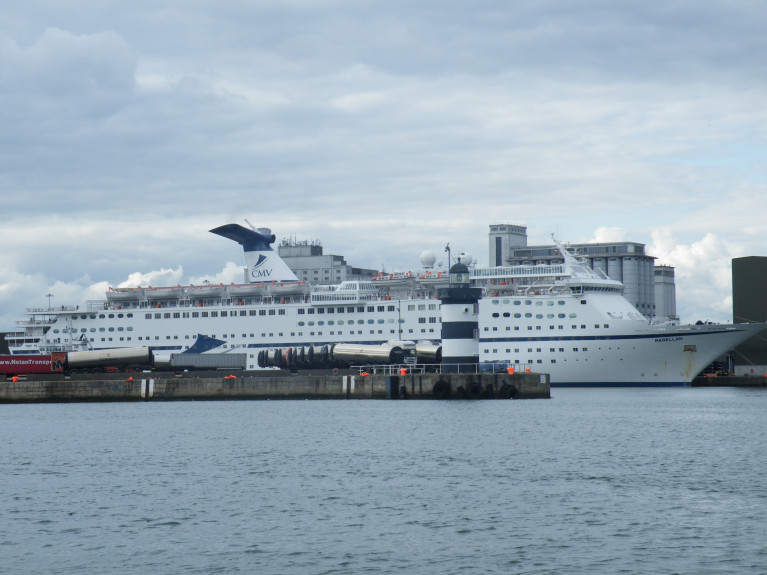Displaying items by tag: Tourism Concerns
Dublin Port's announcement that no berths will be available for large cruise ships next year has led to tourism groups hitting out at the decision.
The port company says it has no space because of demands produced by Brexit.
Tour operator Niamh McCarthy of Excursions Ireland said cruise lines are now having to cancel bookings for next year because of the sudden announcement by Dublin Port.
"When tourism is down and beaten and on it's last legs they have put the nail in the coffin for 2022 and beyond," she said.
"The cruise lines are absolutely furious with this late announcement having had no indication that this was on the cards."
Retail Excellence and DublinTown had previously criticised the port company's decision in 2019 to reduce cruise liners' access by 50% by restricting them to Tuesday, Wednesday and Thursday sailings.
Now the port berths will not be available at all next year except for ships under 200m which can use berth 18 (as in above photo).
For more on this development, RTE News reports.






























































